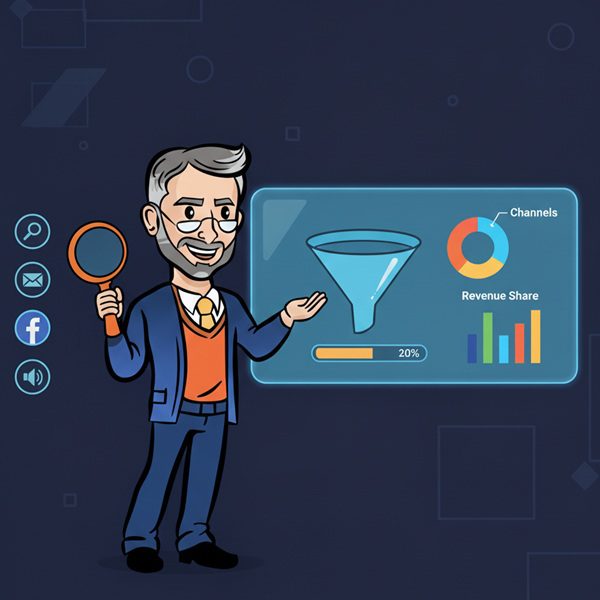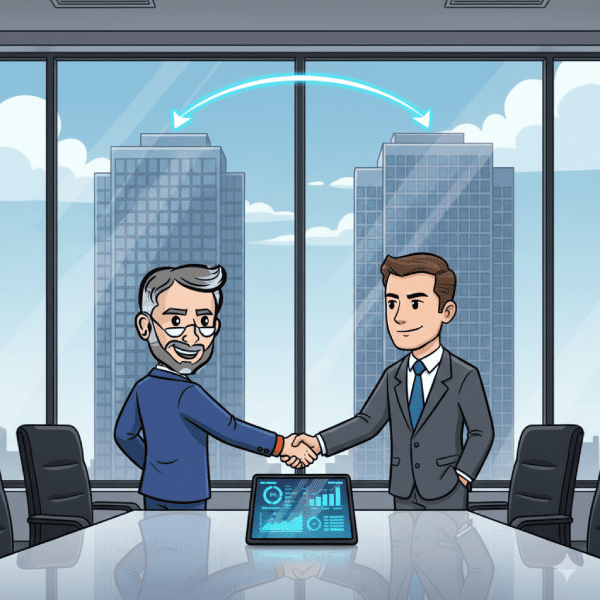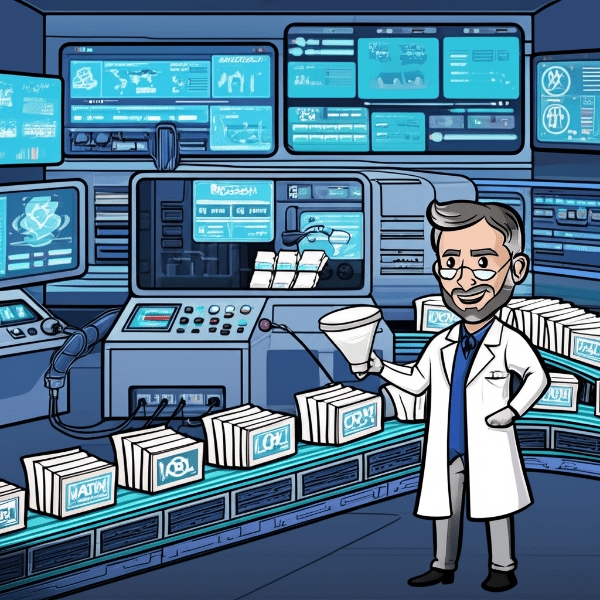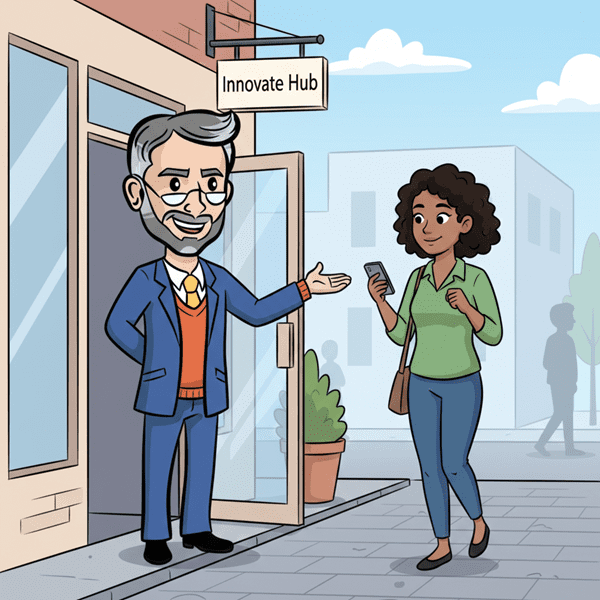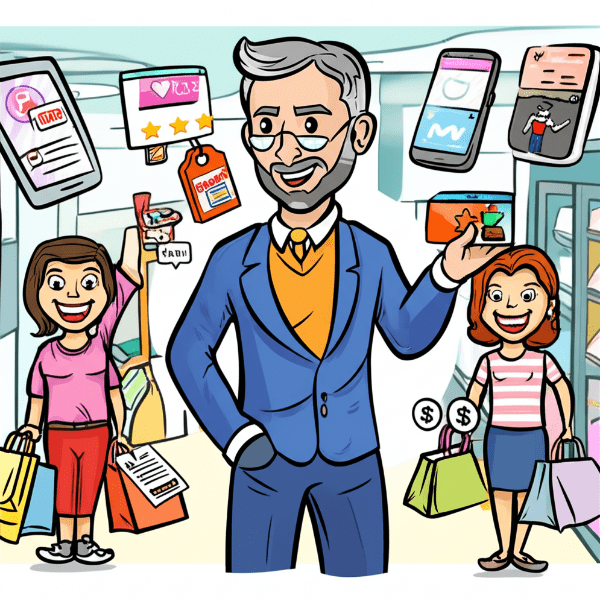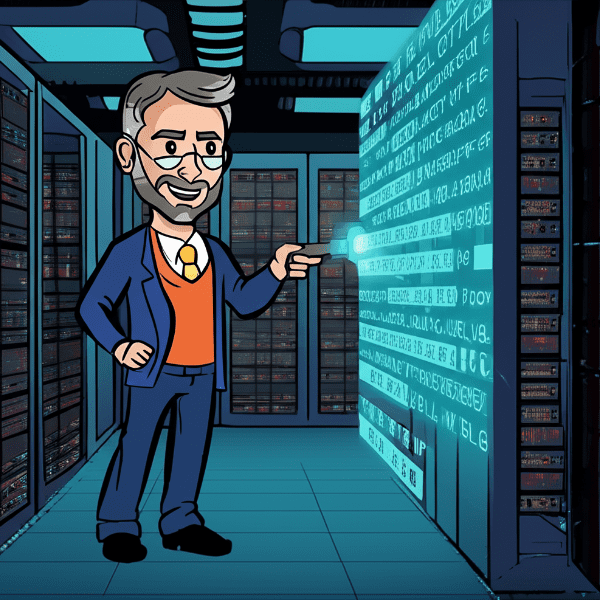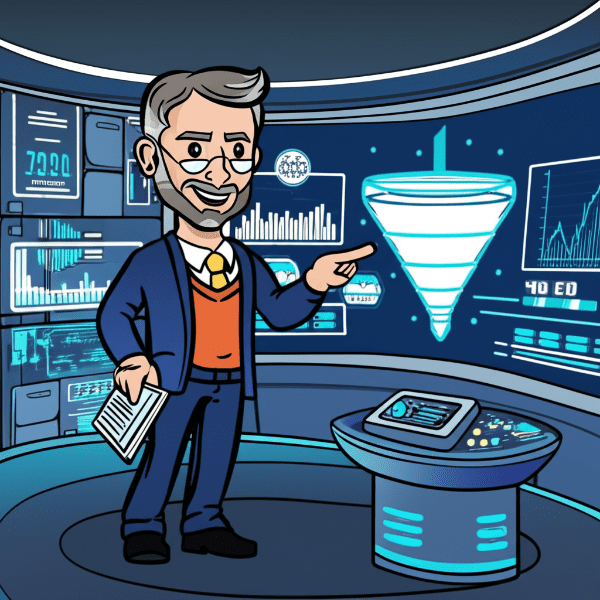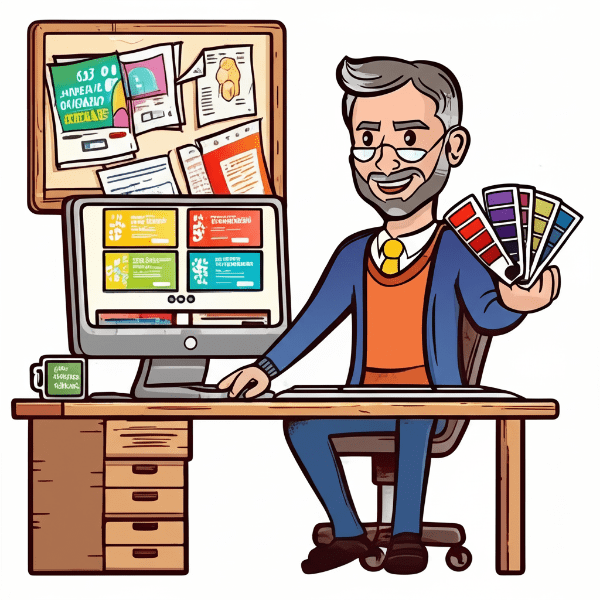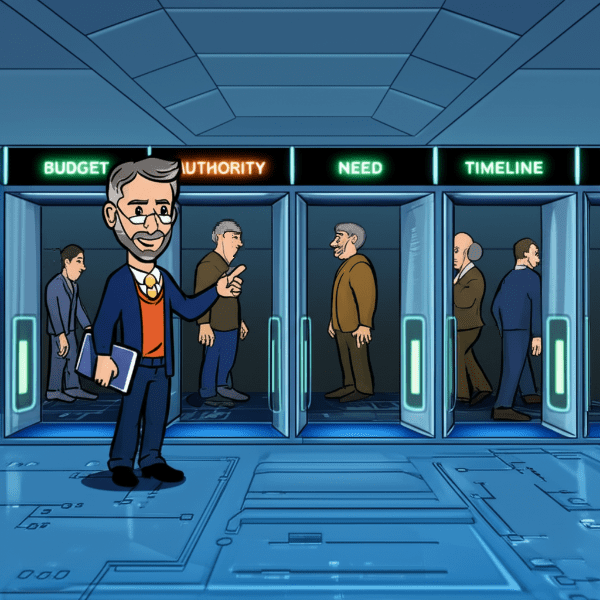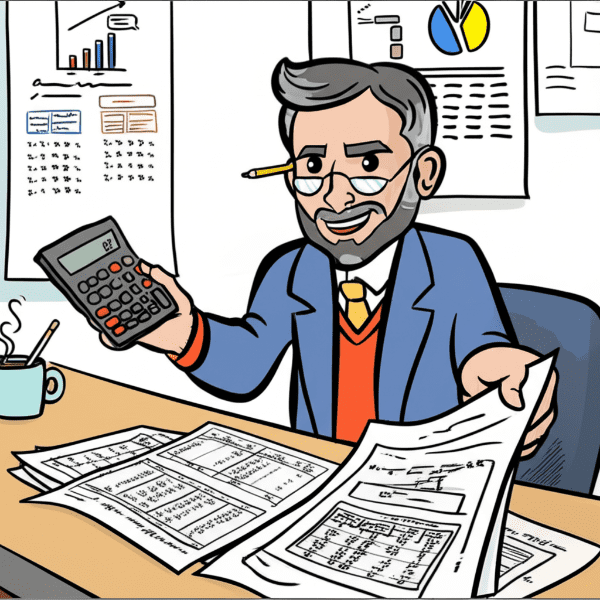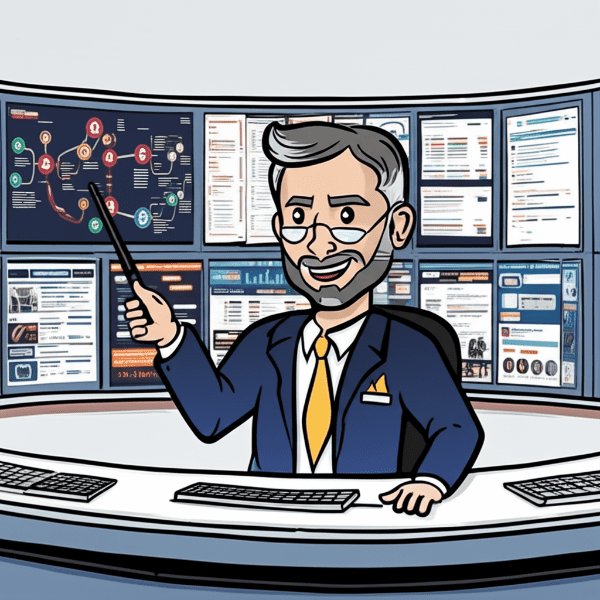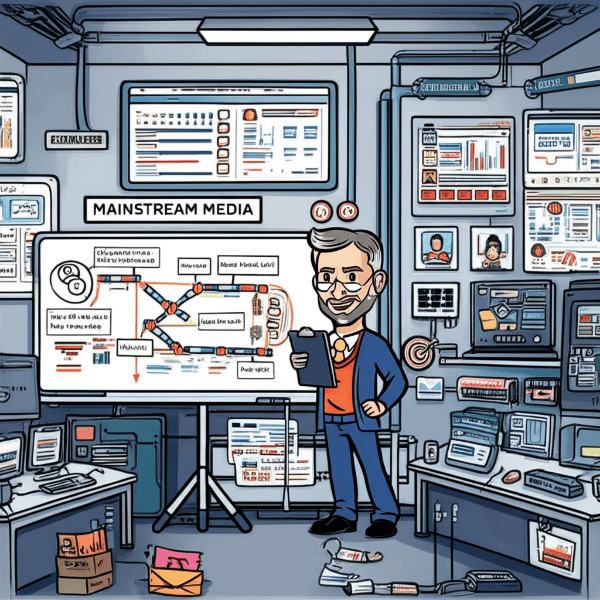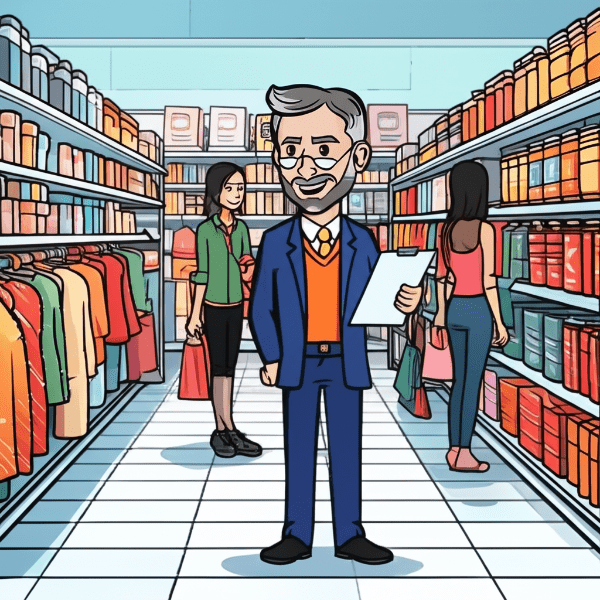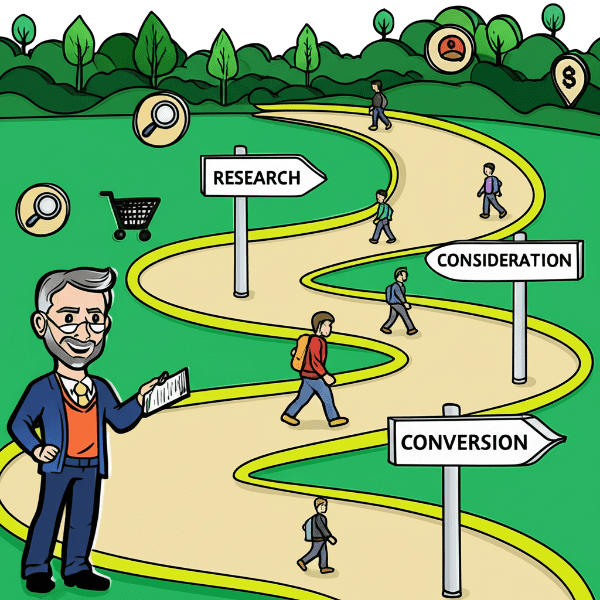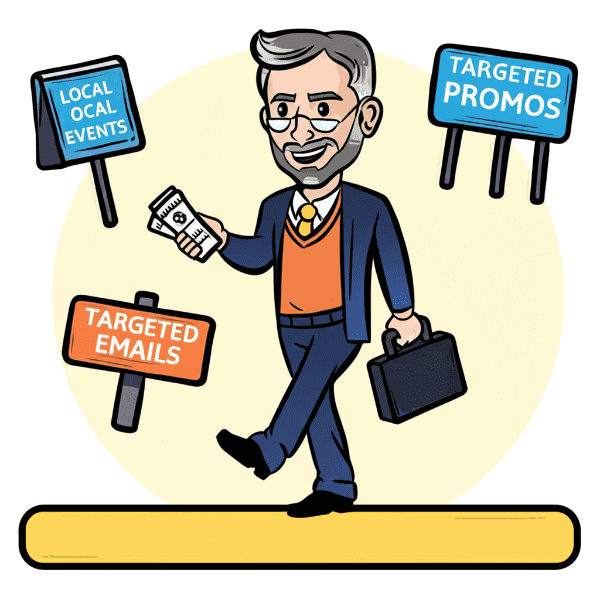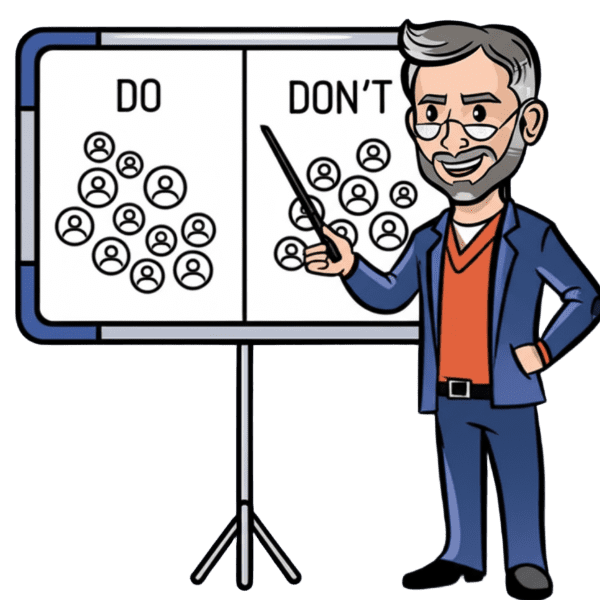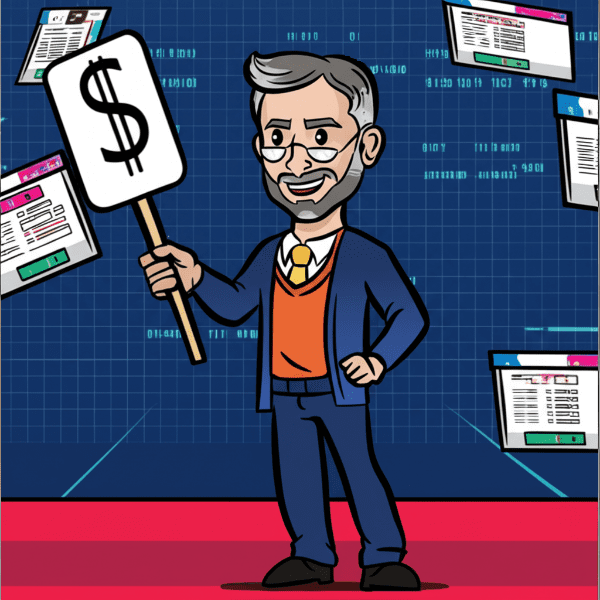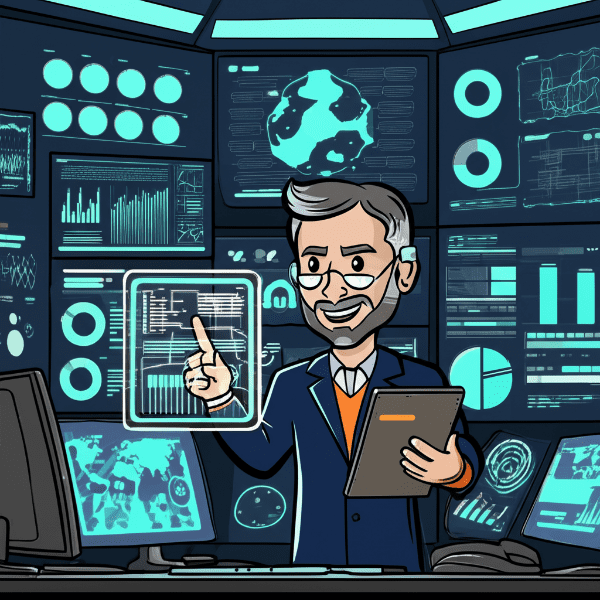Understanding Brand Loyalty Programs
Brand Loyalty Programs are structured marketing initiatives designed to reward repeat customers and encourage ongoing engagement. These programs typically offer points, discounts, exclusive access, or perks in exchange for customer purchases or interactions. The goal is to strengthen emotional and financial ties between the brand and its customers, resulting in increased lifetime value and advocacy.
Example in a Sentence:
The coffee chain revamped its brand loyalty program, offering personalized rewards that boosted repeat purchases by 30%.
Why Brand Loyalty Programs Are a Competitive Advantage
Building customer loyalty isn’t just a retention tactic—it’s a long-term growth strategy. Effective loyalty programs help you:
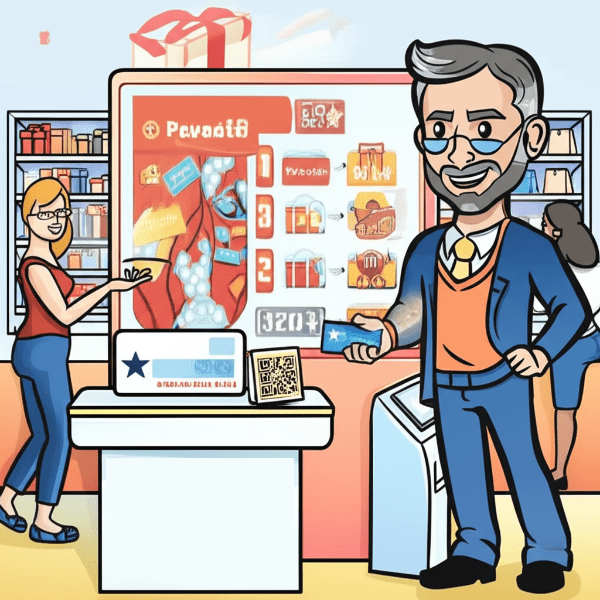
- Reduce Churn – Give customers reasons to stay through rewards and recognition.
- Maximize Revenue per User – Incentivize bigger and more frequent purchases.
- Foster Brand Advocacy – Loyal customers refer others, write reviews, and share on social.
- Strengthen Emotional Bonds – Personal rewards make customers feel seen and valued.
- Collect First-Party Data – Track engagement and preferences for better segmentation and targeting.
Core Elements of High-Performing Loyalty Programs
Loyalty isn’t earned with points alone—it’s built with relevance, experience, and trust. Here’s what separates the best programs from the rest:
✅ Personalized Rewards
Customers expect tailored experiences. Use purchase history and behavior to offer rewards that feel meaningful and timely.
✅ Tier-Based Incentives
Give your best customers a reason to spend more with VIP levels, milestones, and exclusive access.
✅ Omnichannel Integration
Let customers earn and redeem rewards online, in-store, and in-app. A seamless experience is key.
✅ Gamification Mechanics
Incorporate challenges, badges, or progress tracking to add excitement and drive engagement.
✅ Effortless UX
If customers can’t easily join, track, or redeem, they won’t stay. Streamline every step.
Real-World Examples That Work
- Sephora Beauty Insider – Offers product rewards, event access, and status tiers tied to spend.
- Starbucks Rewards – Combines mobile ordering, stars-based perks, and personalized promotions.
- Amazon Prime – A paid loyalty model that bundles shipping, media, and exclusive deals.
These brands succeed because they make customers feel appreciated—and make it easy to come back.
Boost Retention & Revenue with Expert Guidance
Our Sales Funnel Course shows you how to implement brand loyalty programs that move beyond simple discounts. You’ll learn how to design reward systems aligned with your funnel stages, improve customer retention, and increase lifetime value with strategic incentives.
More Definitions
(From the Sales & Marketing Jargon Encyclopedia)
- Churn Rate: This metric quantifies the rate at which customers stop using a company’s product or service over a given period. It’s closely related to customer retention, as a high churn rate indicates low retention.
- Funnel Metrics: This entry discusses various metrics used to analyze sales funnels, including Customer Lifetime Value (CLV), which calculates the total revenue a customer generates over time.
- Client Success Manager: A professional responsible for ensuring customer satisfaction, retention, and growth by proactively guiding clients through their journey with a company’s products or services.
- Account Expansion: Strategies aimed at increasing revenue from existing customers, thereby enhancing Customer Lifetime Value (CLV).
- Customer Journey Optimization: The process of refining and improving every touchpoint a customer interacts with on their path to purchase, enhancing overall customer engagement.
Useful Posts
(From the Sales Funnel Professor Blog)
Top of Funnel: Organic Social Strategies
How To Create A Powerful Digital Marketing Sales Funnel
Cold Emails Strategy Through Your Sales Funnel


